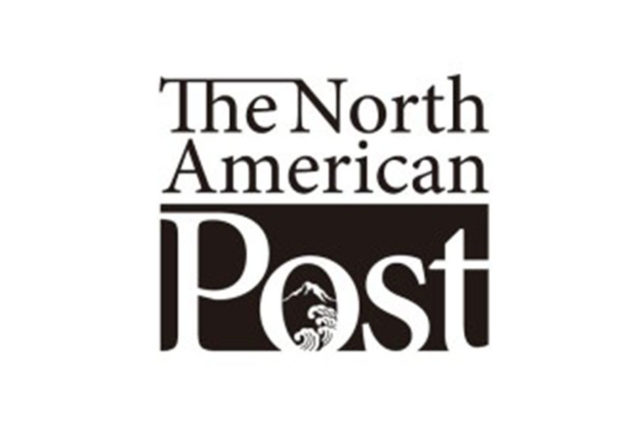By Atsushi Kiuchi, For the North American Post
What was considered by many Issei parents as a “family disgrace” is now common place.
Interracial marriages, commonly known as “out” marriages, involving third (sansei) and fourth (yonsei) generation people of Japanese ancestry no longer carry the social stigma of the past. The “shin-issei ” children and spouses that came to America after World War 2 also faced discrimination.
Today,all people of Japanese ancestry, living in America, are called “Nikkei.” The collective noun for today’s mixed marriage, younger generation is “hapa.”
Hapas face special challenges and they will be the subject of the Saturday, November 17, meeting of the Omoide (Memories) group. A selected panel of hapas will discuss the complexities as children of mixed identities, social and cultural conflicts, education and
employment, and raising their own families.
“Our Omoide group’s primary focus is on our historic immigrant parents and older nisei generation. But it’s time to look ahead and beyond since our Nikkei history is being made today by our hapa generation,” said Dee Goto, Omoide program chairperson.
The hapa panel discussion will be held Saturday, November 17, 1 pm- 2:15 pm, at the Japanese Cultural and Community Center of Washington (JCCCW- “The J”), 1414 South Weller, Seattle. The writing group workshop will follow at 2:45 pm . The public is invited. The program is free.
*JCCCW Website – https://www.jcccw.org/








